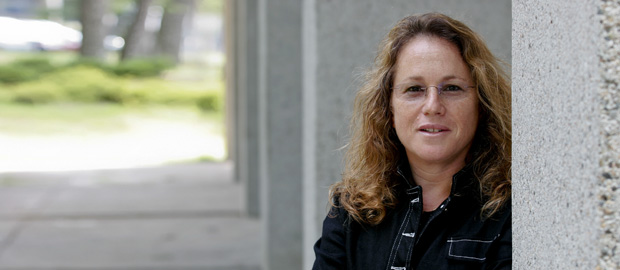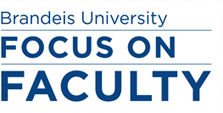
To celebrate 200 years of the publication of the New England Journal of Medicine, a 45-minute documentary explores three remarkable stories of medical progress that have taken place over the course of the long history of NEJM. In 1812, we had no understanding of infectious disease, surgery was unsanitary and performed without anesthesia, and cancer was unrecognized. Two centuries later, this film tells the story of research, clinical practice, and patient care, and of how we have continued to get better over the last 200 years.
Le Beaumont team salutes to all the pioneers and people who participated in the grueling process of research and pioneering work. We are conducting an equally important research in early brain development which helps to reduce the occurrence of autism & language impairment, and to better realize the potential of new born babies in IQ, EQ & LQ.
Getting Better: 200 Years of Medicine
Part 1 The Rise of Surgery
http://nejm200.nejm.org/explore/medical-documentary-video/?v=1
Part 2 Targeting Cancer: The Story of Leukemia
http://nejm200.nejm.org/explore/medical-documentary-video/?v=2
Part 3 The Plague of Our Time: HIV/AIDS Epidemic
http://nejm200.nejm.org/explore/medical-documentary-video/?v=3









 She found that 80 percent of language learners quit at the intermediate level out of frustration when their skills fail to improve at the previous rate. So Ringvald set out to understand why. She sought to learn what separates the 20 percent of students who move into the advanced category for what are considered difficult second languages – Chinese, Japanese and Hebrew – and how teachers could increase that percentage. “Learning a language opens a door to understanding themselves a little better. The language becomes part of who they are. Language is not about grammar, it’s about the person.”
She found that 80 percent of language learners quit at the intermediate level out of frustration when their skills fail to improve at the previous rate. So Ringvald set out to understand why. She sought to learn what separates the 20 percent of students who move into the advanced category for what are considered difficult second languages – Chinese, Japanese and Hebrew – and how teachers could increase that percentage. “Learning a language opens a door to understanding themselves a little better. The language becomes part of who they are. Language is not about grammar, it’s about the person.”
COMMENT NUMBER 290 IS ANEDITORS' PICK
18TH MAY 2012 - 14:45
I really benefitted from the cooking classes. My own mother used to use frozen pre-packaged foods all the time and never made anything from scratch. Classes are awesome!
COMMENT NUMBER 136 IS ANEDITORS' PICK
18TH MAY 2012 - 13:30
COMMENT NUMBER 48 IS ANEDITORS' PICK
18TH MAY 2012 - 12:55
COMMENT NUMBER 46 IS ANEDITORS' PICK
18TH MAY 2012 - 12:54
There are probably some people out there that could do with some help and support, nothing wrong in that.
Perhaps we will see less children growing up entering a life of crime and wanting to be a part of society.